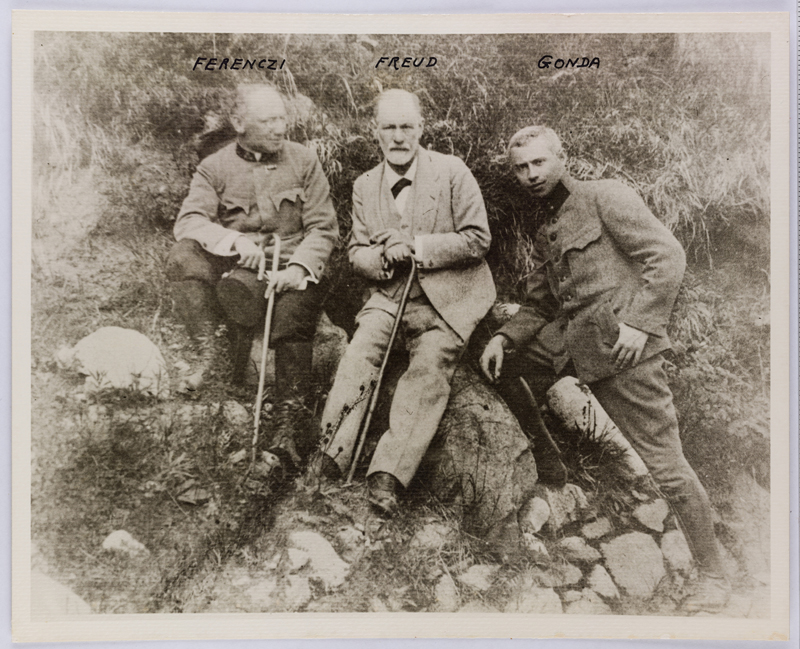 Freud hiking in the Tatras with Sandor Ferenczi (left) and Victor Gonda (right), 1917.
Freud hiking in the Tatras with Sandor Ferenczi (left) and Victor Gonda (right), 1917.
"I am actually not at all a man of science, not an observer, not an experimenter, not a thinker. I am by temperament nothing but a conquistador--an adventurer, if you want it translated--with all the curiosity, daring, and tenacity characteristic of a man of this sort."
About the Course
The aim of this course is rather simple and straightforward:
to trace the lineage of Freud’s writings over the course of his life (history)
look at the significant moments of contribution and change (literature)
and introduce people to the breadth, complexity and depth that Freud’s corpus provides (Freud and psychoanalysis)
The course is divided into two parts, dividing between the early formulations, clinical cases and the later revisions. The lectures and syllabus would be updated over time, as we move from the first phase to the other phase of the course.
The course will run in the Freudian Psychoanalysis DiscordIf you’re new to Discord, you shouldn’t be worried. You can just click the link to join the server and you’d be guided and made sure that you can access what you’re looking for. server, where lectures will be streamed and much of interaction will happen. The lectures will be happening on Saturdays and Sundays, 3:00-4:30PM UTC. They will be recorded and provided with notes, find more on that below.
Lectures
Part I
Lec 01 : Introduction to the Course
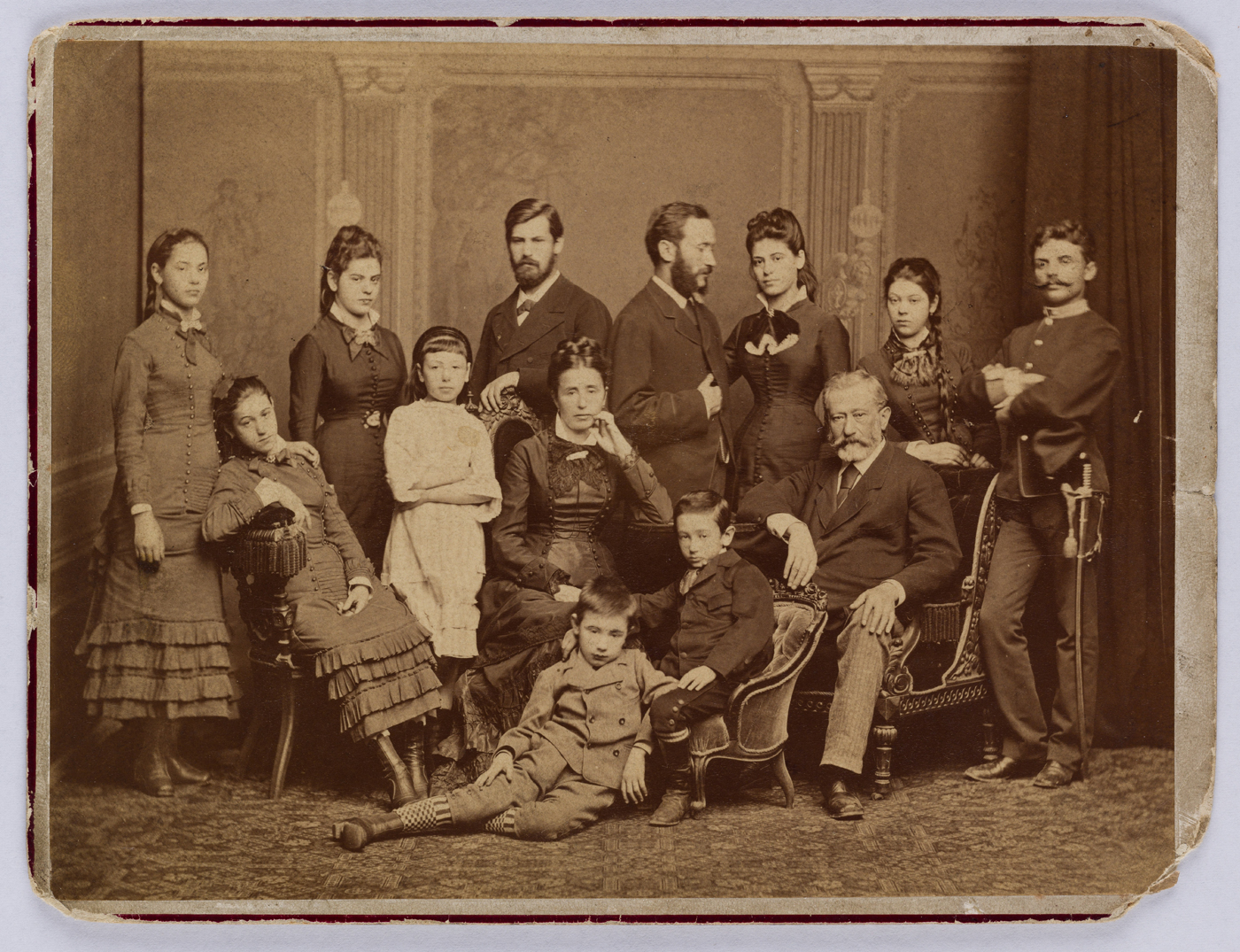 Freud family portrait, c. 1878
Freud family portrait, c. 1878
Lec 02 : Early Neurological Interventions
Lec 03 : Hysteria Before Freud
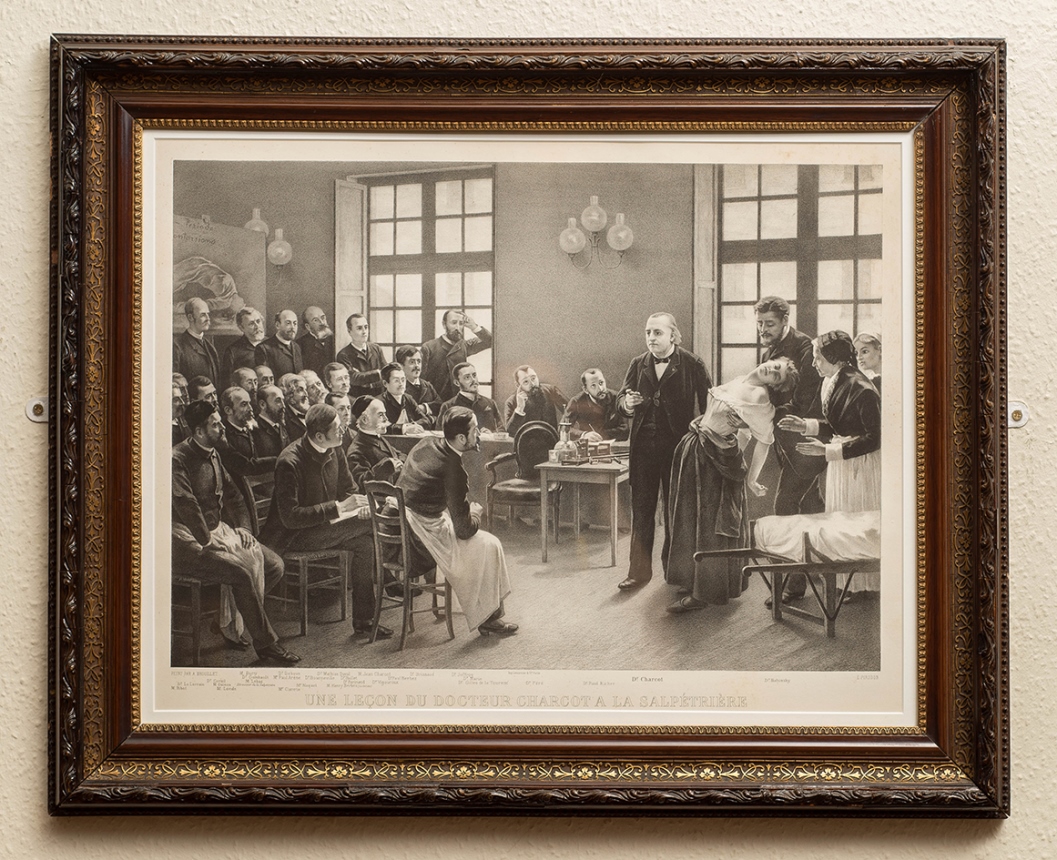 Print of “Une leçon clinique du Dr. Charcot à la Salpêtrière” by E. Pirodon. Kept by Freud in respect of Charcot.
Print of “Une leçon clinique du Dr. Charcot à la Salpêtrière” by E. Pirodon. Kept by Freud in respect of Charcot.
Lec 06 : Further Interventions on Hysteria-Seduction Theory
Lec 07 : Initial Approaches to Neurosis
Lec 08 : Approaching the Foundations
Lec 09 : The Royal Road - Dreams
Lec 10 : The Forgotten Road? - Dreams
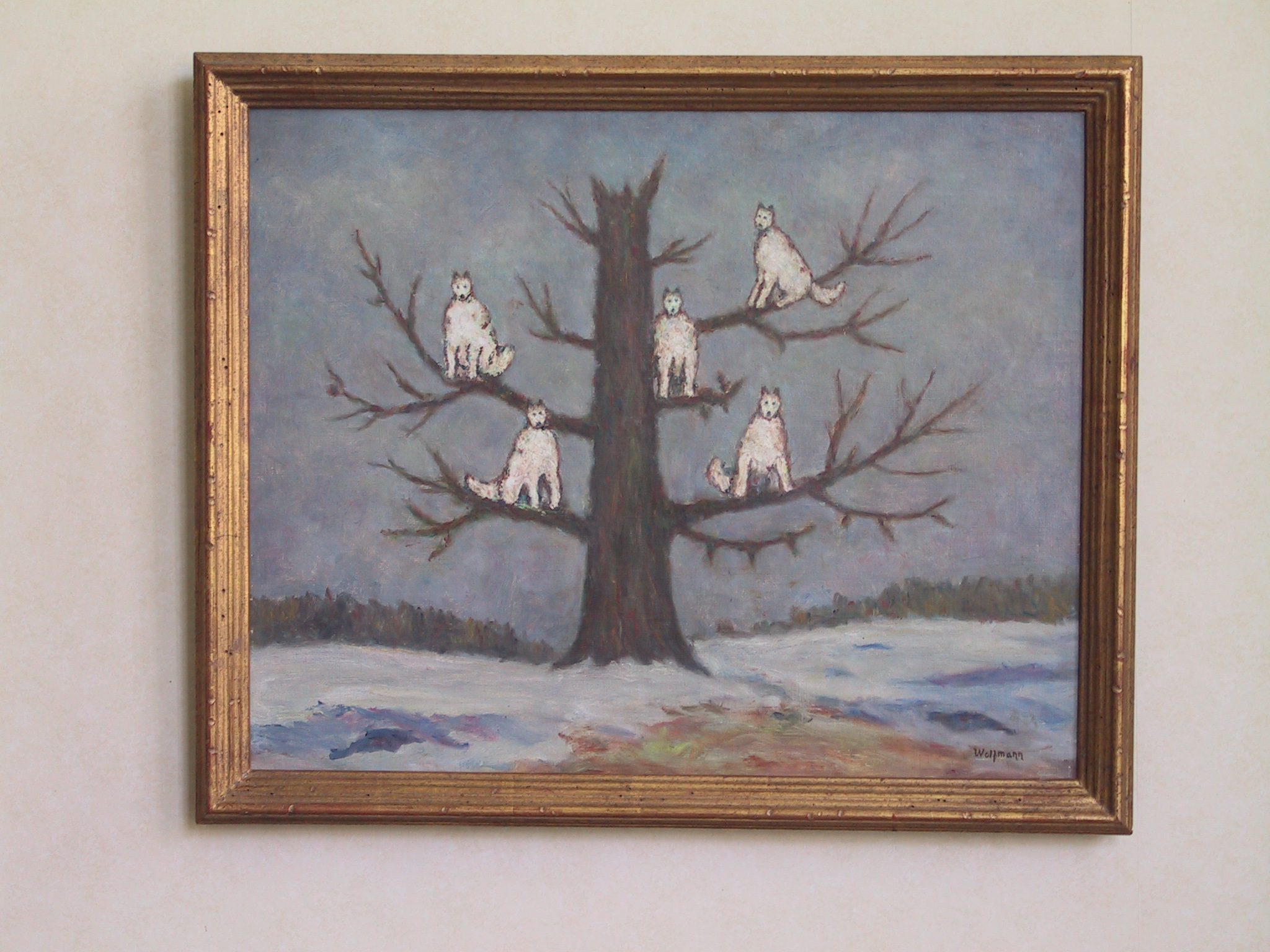 Painting of white wolves sitting on a tree by Sergei Pankejeff ("Wolf-man"). Found in Freud's collections at Freud Museum, London.
Painting of white wolves sitting on a tree by Sergei Pankejeff ("Wolf-man"). Found in Freud's collections at Freud Museum, London.
Lec 14 : Dora Case - Discovery of Transference
Lec 15 : Ratman Case - Labrynths of Obsessionality
Lec 16 : Little Hans - Phobia and Oedipus
Part II (Coming Soon)
Resources
Notes
You can get notes for each lecture separately from the clickable links above. If you’d like to have notes compiled together in a book-like format, then you can click at the following link below. This PDF is compiled synchronously alongwith the above lectures, and gets updated as the TeX file changes.
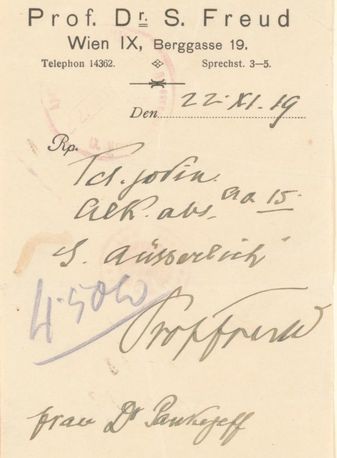 Prescription, written by Sigmund Freud for Therese Pankejeff, wife of Sergei Pankejeff. Novemember 22, 1919
Prescription, written by Sigmund Freud for Therese Pankejeff, wife of Sergei Pankejeff. Novemember 22, 1919
Books
The course refers to a lot of books, and its impossible to provide access to all of them but here are some of the most important books you should have access to, and also various versions of them.
Freud’s Original Works:
The standard reference for Freud’s writing is The Standard Edition of the Complete Psychological works of Sigmund Freud, translated by James and Alix Strachey with the collaboration of Anna Freud herself. The 24 (23 + Bibliograpy) volumes of this were published by the Hogarth Press, which previously used to home the library for Institute of Psychoanalysis, London.
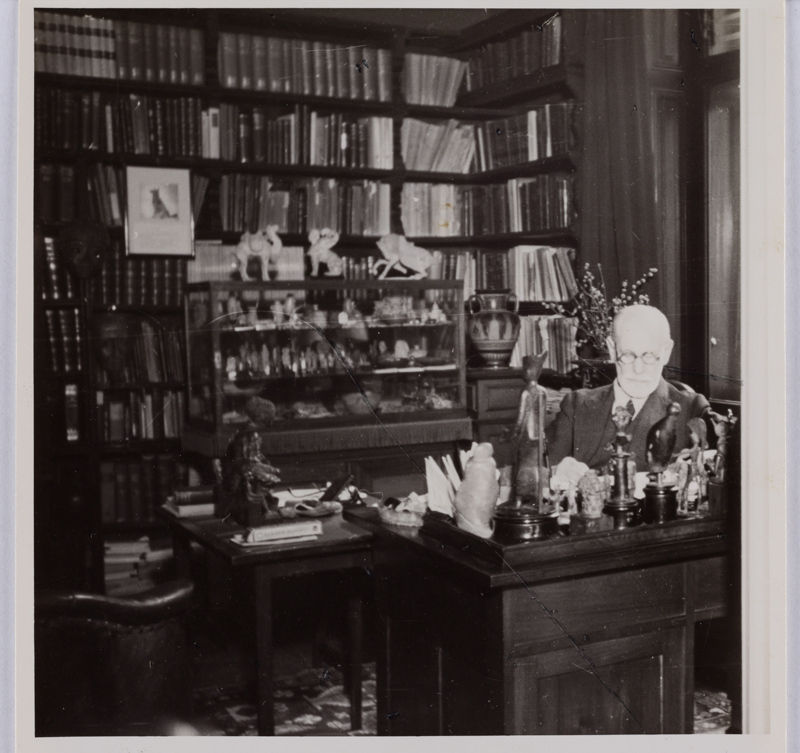 Freud in his office with his library in the back. The library can still be seen at Freud Museum, London.
Freud in his office with his library in the back. The library can still be seen at Freud Museum, London.
Buying them in hardcover is super-expensive, and I wouldn’t recommend it to anyone unless they can get it cheap or have as much money to spare. Regardless, I’ll be sharing below all the volumes of SE.
Standard Edition (Individual PDFs from Vol.I-XXIII)
All in One of Standard Edition (7452 pages, 487 MiB)
Other than this, one can access (almost but less) same material openly available in Public Domain at https://freudcompleteworks.com. This version is very much desirable for formats other than PDF, such as DjVu, EPUB, MOBI and Kindle AZW3.
There are many publications that republish the major books/monographs of Freud like, The Interpretation of Dreams, Psychopathology of Everyday Life etc. These come much cheaper than the original Standard Edition, and can be preferrable. If you are using one of these, just make sure what translation it is, and compare it with the above ones to see how the paging differs.
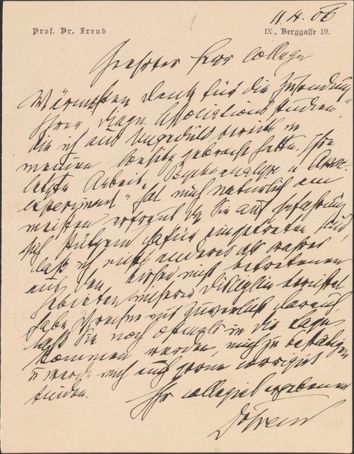 Letter from Freud to Carl Jung expressing pleasure that Jung's research supports his work. April 11, 1906.
Letter from Freud to Carl Jung expressing pleasure that Jung's research supports his work. April 11, 1906.
Freud’s Correspondences:
The course uses quite extensively as much of historical context as available from Freud’s correspondences in letters with some of his closest colleagues. The following folder contains the compendiums for those letters:
Other Books and Secondary References:
Other books which have been referenced in the course maybe found in the following folder:
Recordings
Coming Soon